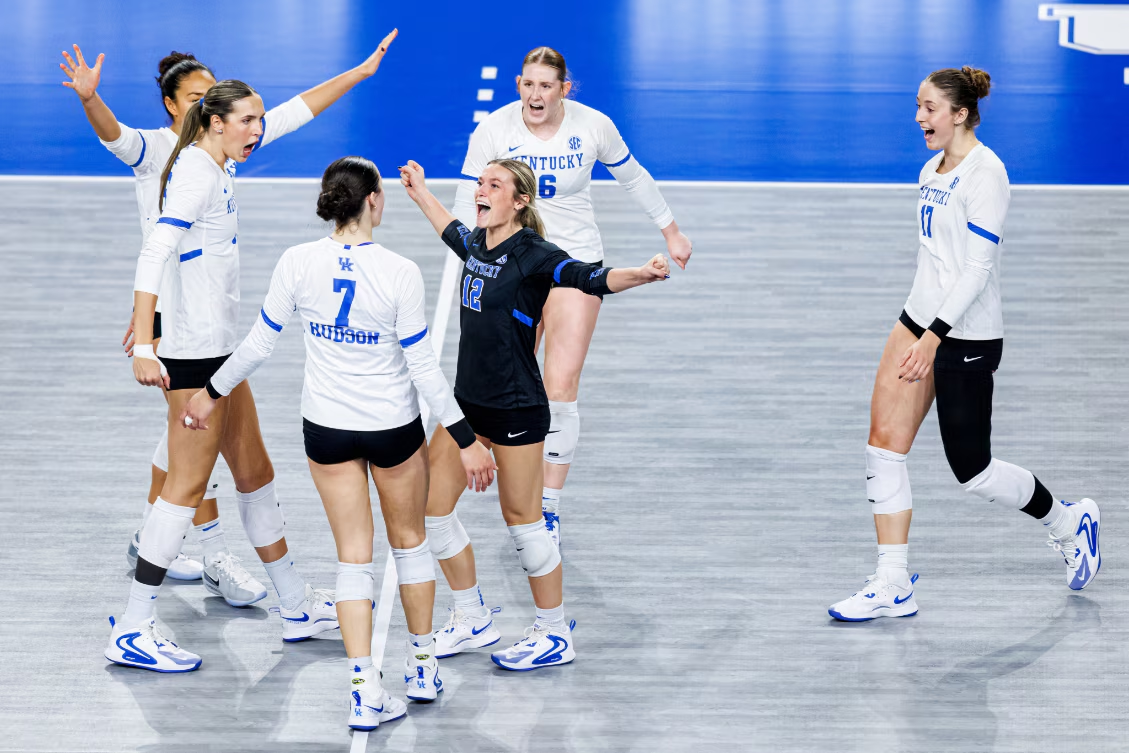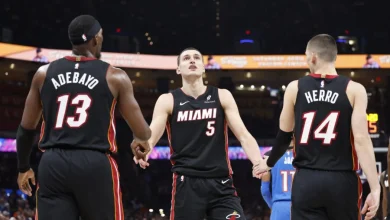Rob Schneider Says ‘There Were No Children’s Hospitals’ W…

Rob Schneider faced a wave of backlash after claiming pediatric hospitals were non-existent when he was a child.
“FYI… There were NO Children’s Hospitals when I was a kid,” he declared via X on Wednesday. “Because kids weren’t sick.”
According to the Journal of Pediatrics, the history of children’s hospitals goes back to the Byzantine Empire (330 to 1453 AD) with the establishment of brephotrophias (“baby shelters”). The first medical facility specifically designated for children was Paris’ Hôpital Necker-Enfants Malades, established in the early 19th century. The New York Nursery and Child’s Hospital and the Children’s Hospital of Philadelphia are widely considered the first pediatric hospitals in the United States, having opened in 1854 and 1855, respectively. More than two dozen freestanding children’s hospitals were operating in the U.S. by the end of the 19th century, more than 60 years before Schneider was born.
Naturally, Twitter users were quick to blast the comedian over his wildly inaccurate claim.
This isn’t the first time Schneider has caught heat for his medical and health stances. In 2012, the 61-year-old became an outspoken critic of U.S. vaccine mandates and perpetuated the discredited theory that inoculations led to autism. He upped his anti-vaxx rhetoric during the 2020 global pandemic, going so far as to urge the public to “just say no” to the COVID-19 jabs.
Since then, Schneider has been booed off stage over his anti-vax and anti-trans jokes,
slammed NFL star Travis Kelce for appearing in an ad for mRNA vaccine developer Pfizer, and was criticized for suggesting that Hall of Famer Dikembe Mutombo died from the COVID-19 vaccine.
Schneider addressed his series of controversies in a 2024 interview with the Daily Mail, claiming he was blacklisted for his conservative views.
“’Hollywood doesn’t want any controversy at all because they don’t make decisions based on what the best movie is, they make decisions on something much more arbitrary,” he told the outlet. “The decisions that the executives make is based on ‘what will delay my inevitable firing the longest?’ and if they work with somebody like me who’s outspoken, they might get fired.”





